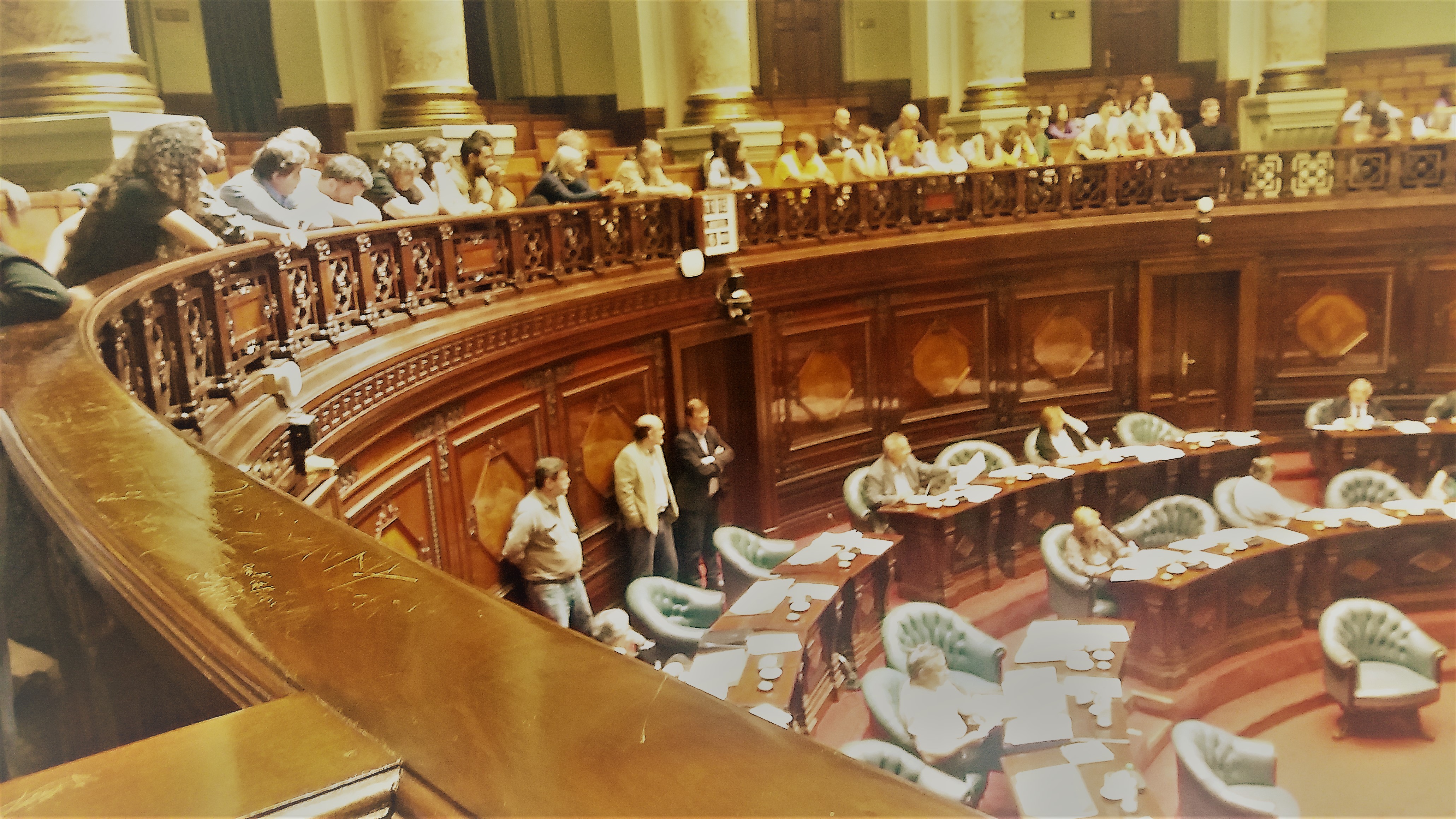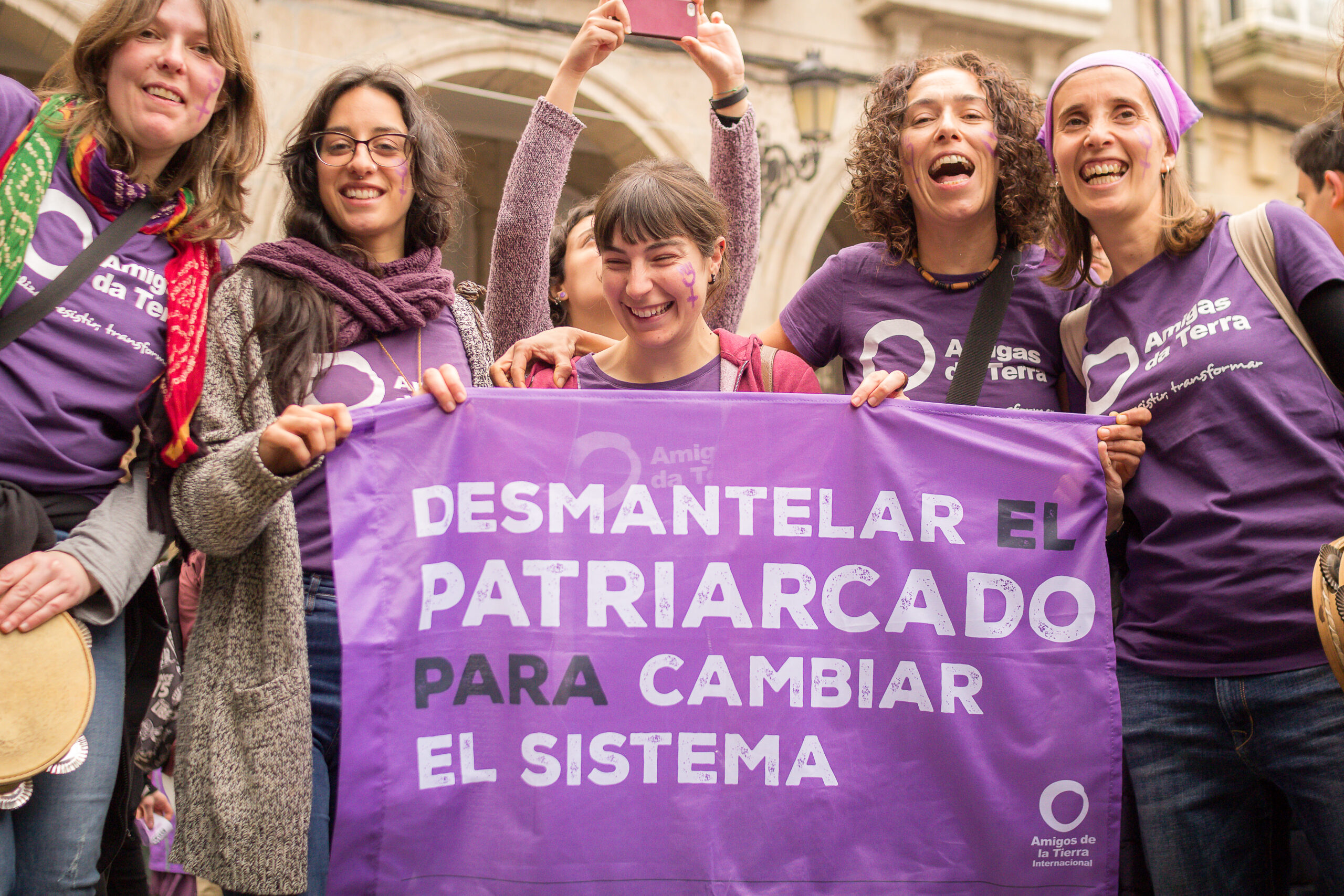Unanimous vote
Uruguay: National Agroecology Plan passed by Senate
 El proyecto pasa ahora a la Cámara de Diputados
El proyecto pasa ahora a la Cámara de Diputados
The Agroecology promotion bill, drafted by organizations linked to food sovereignty, academics and groups focused on agroecological production for over 40 years, seems to have united all parties of the Uruguayan Senate, which passed the bill unanimously on Tuesday.
All senators voted in favor of the bill that was the initiative, among others, of the Native Seeds Network, the Uruguayan Agroecology Network and the Uruguayan office of the Latin American Agroecology Scientific Society, SOCLA.
The bill was submitted in 2016 after a long discussion process that started at the 5th National Native Seed Festival in April 2014, in Guichón, Paysandú. And the final decision was celebrated as a historical victory for those present in Parliament on Tuesday November 6th, while the bill was voted.
Although it represents a victory, it actually means the starting point of a year of work by a multisectoral commission made up by institutional and civil society members which will be tasked with coming up with a National Agroecology Policy.
Built based on national and international contributions that highlight agroecology as a political and technical tool for food sovereignty, the bill states:
“In Uruguay, there is unquestionably growing concern by the citizens over healthy food, free from agrochemicals and GMOs. On the other side, there is an increasing social and environmental demand linked to the quality of water, health, and living conditions of the people who are part of the agrifood system”.
The emphasis this bill gives to family farming and its role in the sustainable production of food and the development of rural communities was highlighted during the Senate discussions.
The bill states: “the depopulation of the rural areas and land concentration in the hands of large landowners raise many questions about the viability of a territorially integrated and socially just country”.
The discussion
The bill was discussed by Senate in over four hours and resulted in the declaration of the “promotion of the production, distribution and consumption of agroecological products” as a matter of national interest. Although with some differences, all the legislators shared the fact that it is necessary for Uruguay to advance towards agroecological sustainability, and that the passing of this bill was crucial for this.
Senator Carol Aviaga (Partido Nacional) expressed satisfaction over the passing of this bill and stated that the legislative actions “have been strengthened with the actions of social organizations” such as the Agroecology Network of Uruguay.
Aviaga believes that the promotion of agroecology is linked with public health policies in the country, since an important part of health issues are explained by food issues. “Every time I find a lettuce I question myself: I don´t know whether to buy it or not, except if it was cultivated at home or has the seal of approval of the Agroecological Network. This is not ok”, said Aviaga.
Meanwhile, Frente Amplio senator Constanza Moreira, said that the bill puts the agrifood system, territorial management and the consequences of the agribusiness model on the table.
“This model has serious environmental impacts and nobody escapes from them. It is necessary to promote agroecological family farming”, she said. The left-wing senator especially made reference to the fact that the bill aims at family, rural and urban farming as a subject of rights and public policies.
The right wing focused on criticizing the government for not having promoted this initiative before. But, in their opinion, this does not mean to put the model in question or for it to be deemed an “anti-soy” measure.
Senator Pedro Bordaberry, of Partido Colorado, said that the goal is to “prevent agroecology from losing ground”.
Meanwhile, Daniel Garín, Senator for the Frente Amplio Party, highlighted that the creation of a special commission to develop strategy lines is a longstanding practice in Uruguay.
He highlighted the importance of the bill going beyond production, and dealing with social, territorial and environmental dimensions. And he said that the bill encapsulates decades of social and territorial action by social organizations.
Finally, in an interview with Real World Radio, Alejandro Nario, National Environment Director, expressed his satisfaction over the passing of the bill and the discussions that took place.
“Current conventional production systems are not sustainable in time. I´m sure of that”, said Nario. “Uruguay needs to start thinking about another way of doing things and promoting them”. “We are talking about food sovereignty and the quality of food”, he added.




